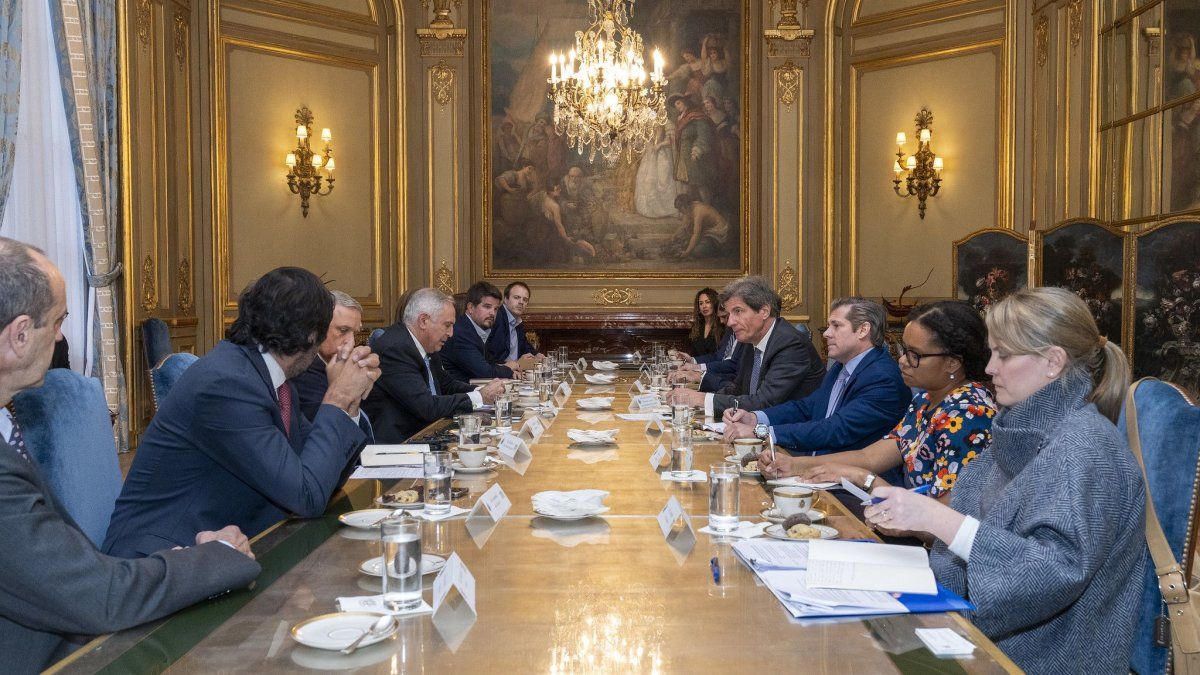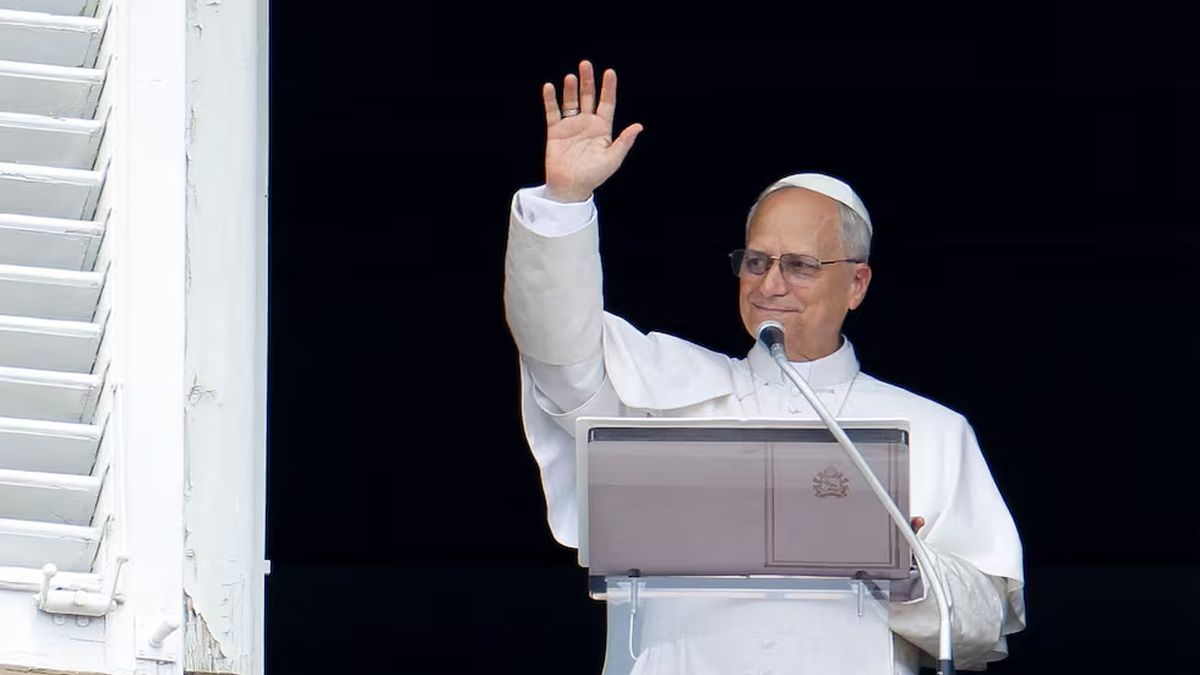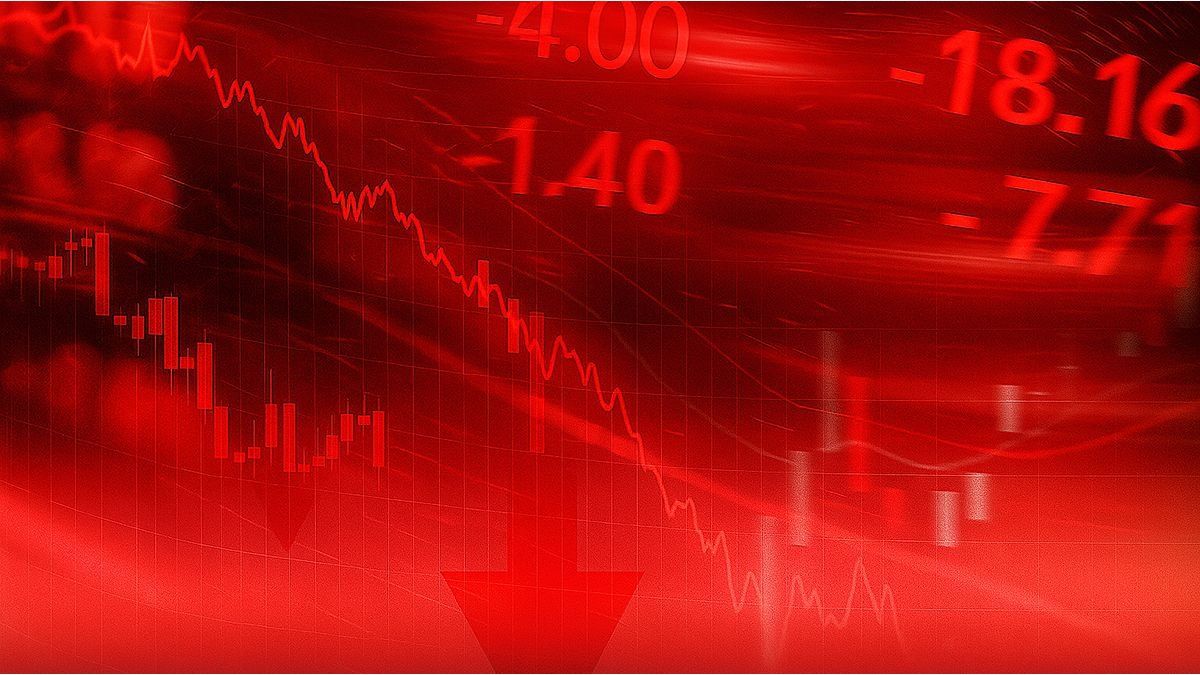He lithium It is key to the energy transition and 20% of the reserves of this mineral are found in Argentina. According to the Rosario Stock Exchange, China invests in our country around US$3.4 billion in projects of the so-called “white gold” of Jujuy, Salta and Catamarca, but the United States is betting on not losing ground in the mining of this and other critical minerals.
To this end, the Under Secretary of State for Economic Growth, Energy and Environment of the United States, Jose W. Fernandezsigned a memorandum of understanding with Argentine Foreign Minister Diana Mondino on Thursday seeking to strengthen cooperation between the two countries in mining investments. He also announced an investment of half a million dollars to assist Argentine laboratories and a meeting with 200 companies seeking to invest in mining projects in the country.
“We are not worried,” said Fernández at a meeting with journalists at the American embassy, in which El Ámbito and the Buenos Aires Herald participated, when he was asked about the number of Chinese investments in Argentina. He pointed out that his country is promoting the diversification of the supply chain of critical minerals. “China controls two-thirds of the critical minerals produced in the world,” said Fernández. “We all know, whether we go to the supermarket or to the mineral market, that it is never good to have only one seller.”
The secretary gave an example of what he considers to be “abuse of China’s dominant position”: “The country is flooding the market with lithium so that, from 2023 to 2024, the price of lithium has dropped from US$80,000 per tonne to US$12,000. This makes it a monopolist,” he said.
Fernández, however, clarified that the US government is not advocating breaking relations with China. “We want China to compete on the same rules: not stealing intellectual property, meeting the same transparency and labor and environmental legislation requirements as other countries”clarified the Joe Biden administration official.
To this end, the US government is also promoting a meeting, which will take place today, of 200 companies from fourteen countries seeking to invest in the country with representatives of the Argentine government and the five provinces that have critical minerals. These companies are part of the Mineral Security Partnership (MSP), a group created to collaborate on investments in minerals such as copper, lithium, manganese and cobalt, which are used in cell phone, car and computer batteries, to help with the energy transition.
“According to the International Energy Agency, we will need 42 times the amount of lithium we use today by 2050 to reach these goals. This is a necessity for the world and an opportunity for countries like Argentina, which has these resources,” Fernández told reporters at the U.S. embassy, including Ámbito and El Herald.
Asked whether the exchange rate restrictions could discourage companies in the sector from investing in the country, he admitted not being an expert on the subject, although he said that “it is a point that our companies have highlighted on several occasions.” When the Herald asked him if the Large Investment Incentive Regime, the RIGI, could be an incentive to invest, Fernández responded positively.
“Today, in one of the conversations I had, a company that is considering a major investment spoke very favorably about it – they cited it as something that has helped them make a decision,” he said.
The Herald also asked him if the Inflation Reduction Act, a US law that subsidizes cars whose batteries come from the United States or from countries that have a free trade agreement with that nation, would not be detrimental to North American investments in Argentina. “The market is open and lithium will be needed in many parts of the world,” said Fernández. “So, the United States is a market, but it is not the only market,” he said, clarifying that his initiative seeks to get other MSP countries to also invest in mining projects in the country.
Although with some caution, Fernández also gave his opinion on the government of President Javier Milei. “We support the efforts of this government to stabilize the economy and boost growth. Naturally, we recognize that we have to find a way to minimize the social cost, which is a very important cost,” said Fernández. Asked about the political difficulties of the Argentine government, Fernández refused to comment. “I come from a country where Congress does not agree, so I am not going to comment on that issue,” he said, laughing.
The environmental issue
Even before taking office, Milei consistently denied the existence of climate change and defunded programs that combat it. “I am not very aware of Milei’s statements, but what I do know is that the Argentine Republic has repeatedly reaffirmed its commitments to the Paris Agreement and so it is a matter of helping them,” said Fernández. To this end, the U.S. government will donate $500,000 to Argentina in technical assistance from the Pacific Northwest National Laboratory and the National Renewable Energy Laboratory of the Department of Energy to develop strategies to reduce greenhouse gases and accelerate the transition to clean energy.
Throughout the meeting, Fernandez made it clear that he seeks to ensure that environmental protection is respected. “The challenge here is to carry out mining projects in a way that benefits communities and workers, and respects laws and environmental requirements so that countries do not have to choose between [evitar] an environmental disaster and economic growth,” he said. “In any country they have realized that if they do not [cuidan el medio ambiente]“They are not going to succeed,” he said. “People are going to block their mine. It’s that simple,” he said.
In March, a Supreme Court ruling in Catamarca ordered the province to suspend activity at a lithium mine called Salar del Hombre Muerto after it was shown that the extraction of the mineral had dried up a river. Livent, the company involved, is American.
“I will never say that our companies have done everything right,” Fernandez said. “I don’t know the subject. [de Catamarca] specific, but I don’t want to say that the others are devils and we are the angels: if we succeed here and if we continue to demand high standards, we will create what we call a race to the topa race to the top and the winner is not the one who causes the most pollution or the one who abuses his employees the most.”
Source: Ambito




